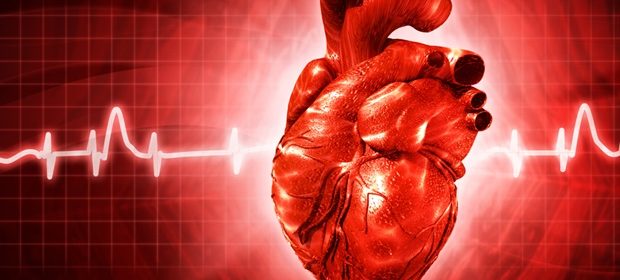dosage calculations amoxicillin dogs

buy online maxalt next day without prescription
Coronary artery disease affects millions of men and women worldwide. Lifestyle factors such as smoking, an unhealthy diet and inactivity can increase the risk of coronary artery disease and its complications.
Several studies have analyzed the benefits of a healthy diet in the prevention of this disease and other heart conditions. Among the foods researched, omega 3 fatty acids have shown several positive benefits in people at an increased risk of heart disease.
Oily fish is the main source of the omega 3 fatty acids eicosapentaenoic acid (EPA) and docosahexaenoic (DHA) that protect against heart disease. Another form of omega acid that is present in plants called alpha-linolenic acid (ALA) also promotes heart health.
Some examples of oily fish that are an abundant source of these fatty acids are mackerel, lake trout, albacore tuna, herring, sardines and salmon. The ALA form of omega 3 is found in several “power seeds” such as hemp and flax and also in soybeans and walnuts. The short chain omega 3 ALA is a precursor to the long-chain omega 3s EPA and DHA. However, research suggests that less than 5% of the ALA actually gets converted to EPA and less than 0.5% to DHA.
Several studies suggest that taking omega 3 (EPA+DHA) supplements in doses of between 0.5 to 1.8 grams per day can reduce the number of deaths from heart disease. For ALA, the recommended dose is 1.5 to 3.0 grams per day. According to the 2000 dietary guidelines form the American Heart Association, at least two servings of fish (especially fatty fish) per week should be eaten to help reduce the risk of heart disease.
The regular intake of omega 3 fatty acids has been found to reduce the risk of abnormal heart rhythms, sudden cardiac death, heart attack, stroke, high blood cholesterol, atherosclerotic plaque formation, raised blood pressure, reduced endothelial function and inflammatory reactions.
Sources
- http://atvb.ahajournals.org/content/23/2/151.full
- www.nutrasource.ca/…/…%20oils%20and%20cardiovascular%20disease.pdf
- http://ocw.tufts.edu/data/50/636849.pdf
- http://eurheartj.oxfordjournals.org/content/34/38/2949.short
- www.escardio.org/…/…Stable_Coronary_Artery_Disease_web_addenda.pdf
- www.nhs.uk/Conditions/Coronary-heart-disease/Pages/Introduction.aspx
Further Reading
- All Coronary Artery Disease Content
- What is Coronary Artery Disease?
- Coronary Artery Disease Pathophysiology
- Coronary Artery Disease Angina
- Coronary Artery Disease Risk Factors
Last Updated: Feb 26, 2019

Written by
Dr. Ananya Mandal
Dr. Ananya Mandal is a doctor by profession, lecturer by vocation and a medical writer by passion. She specialized in Clinical Pharmacology after her bachelor's (MBBS). For her, health communication is not just writing complicated reviews for professionals but making medical knowledge understandable and available to the general public as well.
Source: Read Full Article